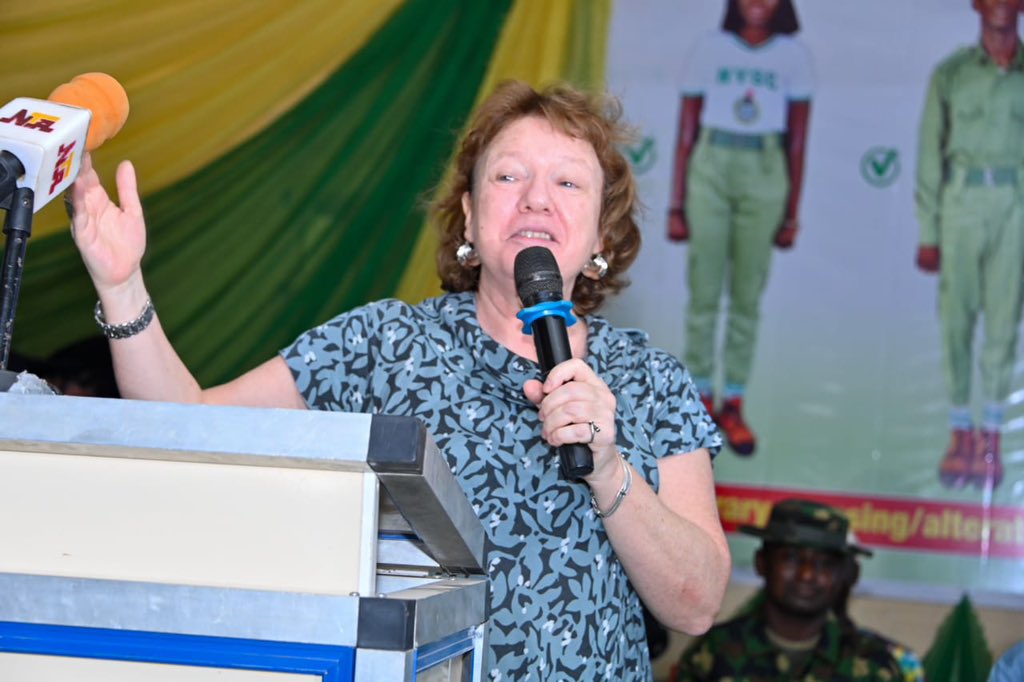
UNICEF’s Chief of Water, Sanitation, and Hygiene (WASH), Jane Bevan, has raised concerns over Nigeria’s hand hygiene practices, revealing that only 17% of the population washes their hands at critical times.
Speaking on Tuesday in Abuja at an event organised by the Federal Ministry of Water Resources and Sanitation in collaboration with the National Task Group on Sanitation (NTGS), Bevan highlighted the critical importance of handwashing with soap in preventing hygiene-related diseases.
Themed “Why Are Clean Hands Still Important?”, the event focused on increasing awareness about proper hygiene practices.
Bevan stressed that reshaping social norms around hand hygiene is essential, urging individuals to not only adopt good habits but also encourage others to do the same. “The fight against diseases begins with each of us,” she said, calling on everyone to become “ambassadors of change.”
While no formal sanctions are planned for non-compliance, Bevan stressed the need for a societal shift that makes handwashing a shared responsibility. UNICEF reiterated that hand hygiene is not optional but crucial for public health, calling for collective action across communities.
In her remarks, Evelyn Mere, Country Director of WaterAid Nigeria, represented by Nanpet Chuktu, noted a significant disparity between awareness and action. While 99% of Nigerian households are aware of when to wash their hands, only 8% can demonstrate proper handwashing techniques.
Mere warned that this gap between knowledge and practice leaves Nigeria vulnerable to outbreaks of deadly diseases such as cholera, which has already affected several regions.
“We must urgently change behaviour to save lives,” she said, stressing that simply providing hygiene facilities is insufficient. “We need to move from awareness to action.”
WaterAid, UNICEF, and WHO are now advocating for an immediate review of Nigeria’s National Hand Hygiene Roadmap, which is set to expire in 2025. Mere called for swift action to close the gap and prevent future outbreaks.
Representing the Ministry of Water Resources and Sanitation, Minister Professor Joseph Utsev, through Permanent Secretary Richard Pheelangwah, reaffirmed the government’s commitment to raising awareness about hand hygiene. Utsev underscored the urgency of breaking the faecal-oral disease transmission chain through increased handwashing with soap, which he described as a frontline strategy in disease prevention.
In recognition of their efforts, UNICEF, Self Help Africa, and WaterAid received federal government awards for their contributions to improving hand hygiene in Nigeria.
Similarly, students from Federal Government Girls College Kwali, Federal Government Girls College Bwari, and Federal Technical College Orozo, Abuja, received prizes for their participation in handwashing quiz competitions.






